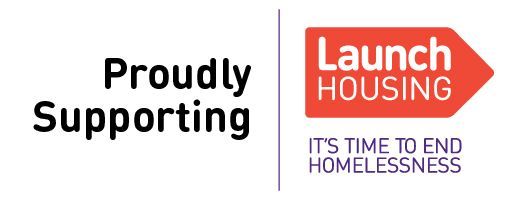WHAT IS STAMP DUTY?
Now called Land Transfer Duty
Buying a house is the largest transaction that most people will make and the sums involved mean that the amount of stamp duty payable can be an issue.
But what is stamp duty?
It is revenue levied by states on various types of transactions such as transfers and agreements for the sale of real estate, documented gifts, insurance policies, mortgages, hire of goods (rental), and the transfer and issue of motor vehicle licences.
NOTE: In Victoria, the State Revenue Office is now referring to Stamp Duty as Land Transfer Duty.
Why do we have to pay stamp duty?
In relation to real estate, duty covers the costs of changing the title of the property and ownership details.
Who has to pay stamp duty?
When buying real estate in Australia, Stamp Duty is paid by the purchaser based on the purchase price of a property.
When do you have to pay stamp duty?
It’s a legal requirement that stamp duty is paid within 30 days of the property transaction, which for real estate means within 30 days of settlement of the property.
How much could stamp duty on home purchase add to the cost of your property?
Each state or territory has differing stamp duty on property purchases. Stamp duty on house, home or property purchases is a contract tax that is payable on settlement of your new property. When you buy land, which may include buildings, duty payable is based on the market value of the property or the purchase price, whichever is greater.
What is the cost of stamp duty in Victoria?
If you want to find out the stamp duty payable on home, house or property purchases in Melbourne or Victoria, you can visit the Victorian Governments stamp duty calculator page.
Find out how much is stamp duty here, with the Victorian Government stamp duty calculator.
Are you eligible for a First Home Buyers stamp duty reduction?
The Victorian Government offers eligible first home buyers a stamp duty reduction when they purchase a new or established home. The first home buyers stamp duty reduction applies where you buy a principal place of residence valued at not more than $600,000. For full details, please see the Victorian Government site - here.
Can stamp duty be included in my home loan?
While lenders generally prefer that you pay stamp duty up front, most banks will allow stamp duty to be capitalised into the principal of the loan. You can increase your home loan to cover the cost of stamp duty and then the lender will release the funds when you need them. However, if you are an investor purchasing an investment property, stamp duty is generally included in the cost of the property when calculating capital gains.
STAMP DUTY UNIQUE CASES
Do you pay stamp duty on land only or vacant land?
You do pay stamp duty on the purchase of vacant blocks of land. All transfers of land come with stamp duty costs.
Do I have to pay stamp duty on off the plan property?
Yes, stamp duty is still payable on off the plan property, but there are exemptions and concessions available. Victoria offers a concession, regardless of whether you intend to live in the property or not.
With the concession, you only pay stamp duty on the improved value of the land, non-deductible costs and the completed construction or refurbishment including GST.
Do I have to pay stamp duty on a loan I am refinancing?
In most cases you will have to pay stamp duty again if you are refinancing. However, there are situations in which you can avoid paying stamp duty. For example, if the names of the borrowers are the same and the amount of the loan is the same, there might be a chance you could avoid paying stamp duty. In some cases, you might also have to refinance with the same lender to avoid this cost.
Note that in some situations you may have to pay the fees but you can then apply for a refund from the lender. Thus, it pays to make sure you do your research before deciding to refinance because any savings you incur from a lower rate might be completely obliterated if you have to pay stamp duty again. In this case, refinancing may simply not be worth the hassle.
Divorce and stamp duty
Stamp duty isn’t payable if one person in a divorce is transferring the title to a home or land to another. However, you can only save on stamp duty if the transfer is done so you can obey a court order. The court must be able to know what assets are owned by each of the parties. This includes all of your assets like land, bank accounts and superannuation. It may be necessary to hire an expert to value an asset.
Want more information about what is stamp duty?
If this all just seems like information overload, relax,
give us a call and we'll explain your entitlements in easy, plain English.
FREE 1
Hour Consultation
We come to you whenever, and wherever suits you best. On your lunch break in a cafe, after you have got home and put the kids to bed, or on the weekends.
We are happy to make it work for you.


